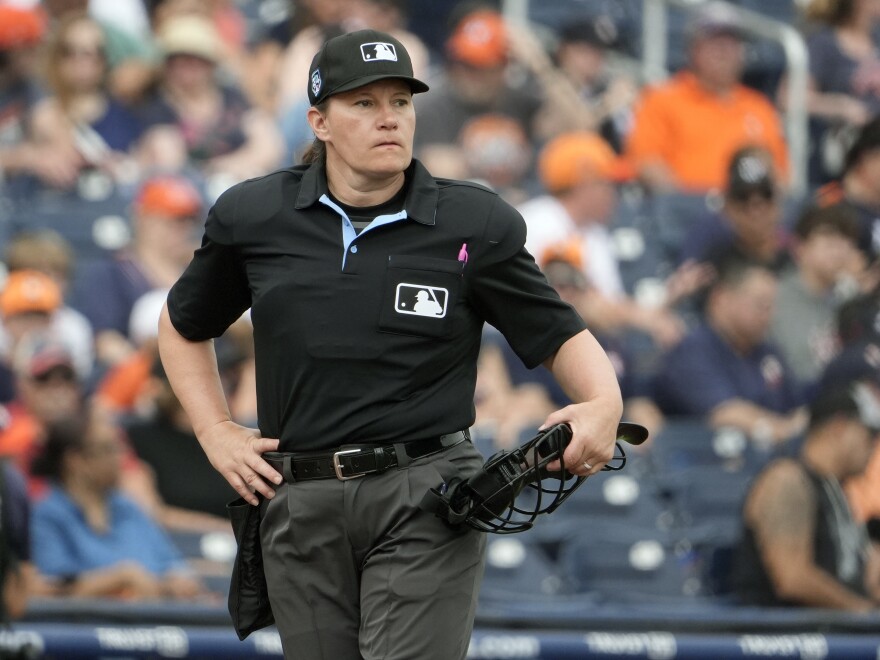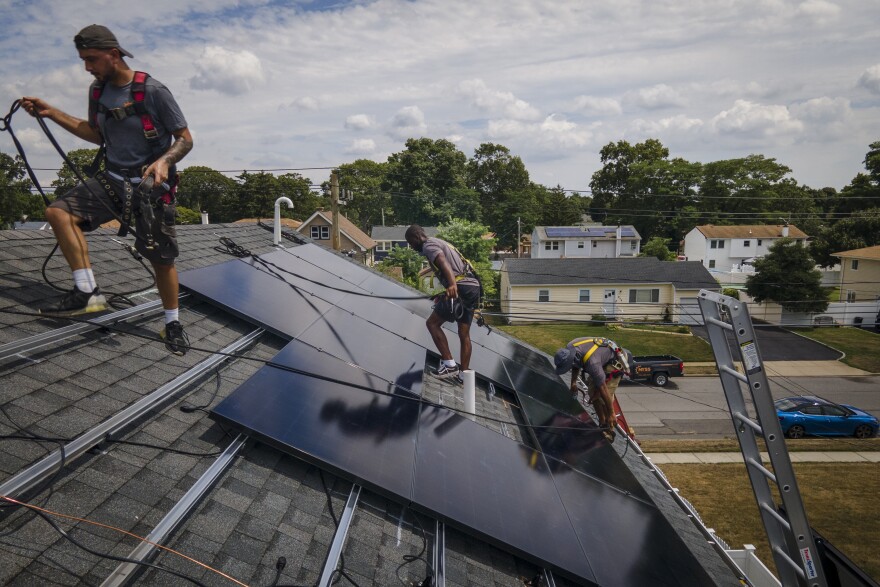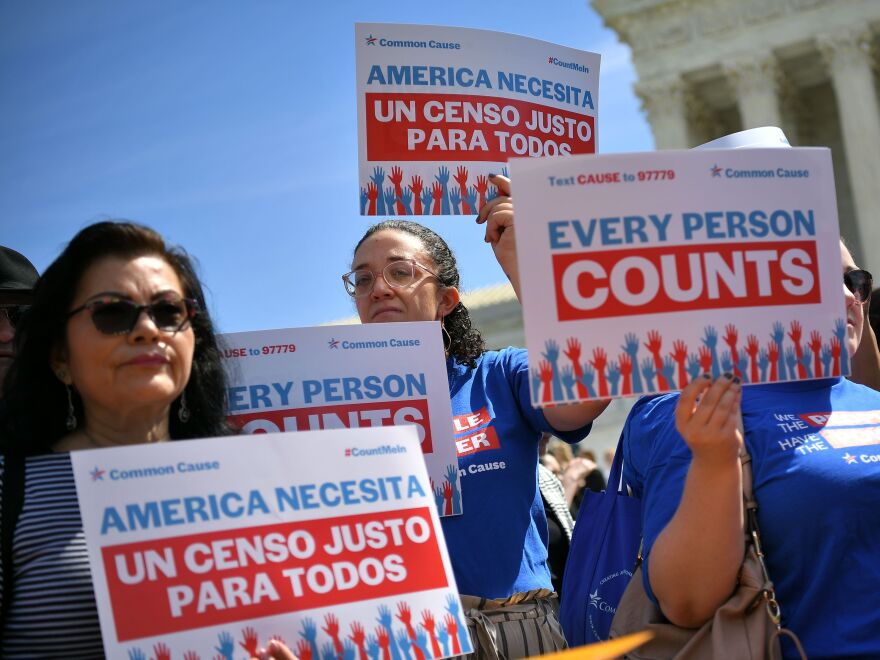The removal of collective bargaining agreements by the Trump administration may have an effect on the treatment that veterans receive, according to the head of the local union that represents certain federal employees in Maine.
Veterans Affairs Secretary Doug Collins made the VA one of the first agencies to implement an executive order ordered by President Trump in March by ending collective bargaining agreements for over 350,000 unionized employees on Wednesday.
Union officials denounced the decision as a step toward abolishing tens of thousands of jobs at the agency, despite Collins’ claims that the action will enhance veterans care and provide managers the freedom to choose the optimum staffing levels. Numerous VA professionals, including physicians, nurses, mental health experts, and support personnel, were covered by the contracts.
“VA employees are the biggest advocates for veterans,” said Liz Harkins, Tri-State president of the American Federation of Government personnel Local 2604, on Thursday.
“We are the boots on the ground when it comes to veterans’ care,” Harkins stated. Additionally, I don’t think that the administration and higher management have firsthand knowledge of the care we provide for our veterans or how we battle and campaign for them. We now run the risk of reprisals for standing up for them.
About 2,000 VA employees in southern Maine, as well as those in Massachusetts, New Hampshire, and Vermont, are represented by AFGE Local 2604. Maine has the oldest population in the country and one of the largest percentages of veterans.
Federal personnel and private sector unionized workers have various collective bargaining agreements. They don’t, for example, entail wage negotiations. However, working conditions, grievance procedures, personnel rules, and other worker rights are covered under the federal collective bargaining agreements.
Citing national security concerns, Trump signed an executive order in March that sought to terminate collective bargaining agreements for unionized employees over a large portion of the federal government. Lawsuits were launched by unions to stop the terminations, which they claimed were little more than the administration’s union-busting. However, this week, a federal appellate court gave the government permission to proceed with those plans.
In announcing the termination of the agreements, Collins stated that unions representing VA employees all too frequently oppose the interests of veterans while shielding and promoting subpar staff. “We’re ensuring that VA personnel and resources are fully committed to the task for which we were dispatched: giving individuals who donned the uniform the best possible care and service.
However, Harkins explained the shift as a means for the agency to proceed with its intentions to remove worker safeguards in order to cut 30,000 jobs. “There will be delays in care and services for veterans as well as more challenges for the VA to retain or recruit dedicated employees,” Harkins said, adding that many VA employees are veterans themselves.
Her words, “It is going to affect our Veterans,” “(Workers) are afraid and will quit because they can’t stand it any longer. When folks called me today, I received that consensus.






